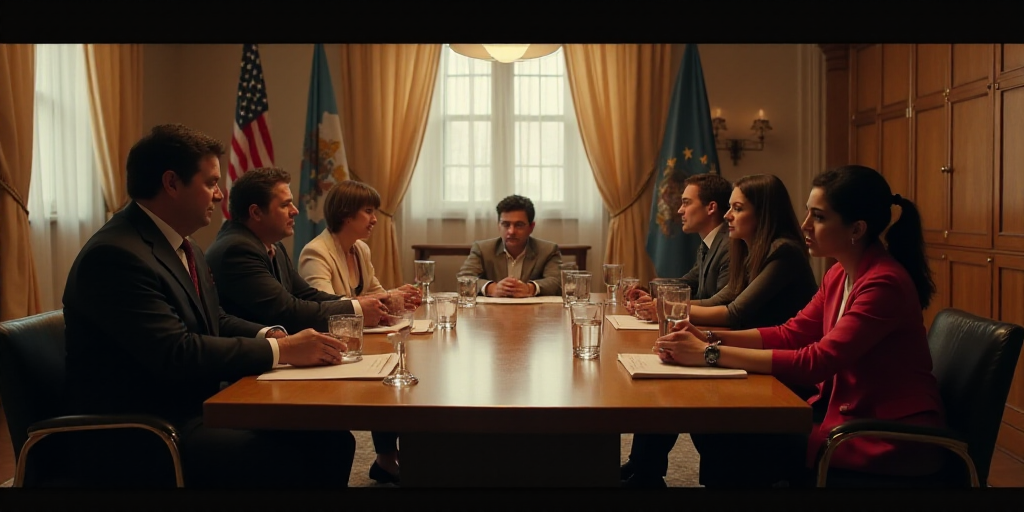Background on the Supreme Court of Justice of the Nation (SCJN) and Acordeón Controversy
The Supreme Court of Justice of the Nation (SCJN) in Mexico has been at the center of a controversy involving “acordeones,” which are accused of being used to influence voters during the judicial election process. The Tribunal Electoral del Poder Judicial (TEPJF) recently addressed this issue, ultimately deciding not to annul the election of new SCJN members.
The Acordeón Allegations
Magistrates Janine Otálora and Reyes Rodríguez Mondragón proposed annulling the SCJN election due to the alleged systematic and widespread distribution of acordeones. These documents, often folded into an accordion-like shape, were said to contain information that could sway voters’ decisions. The controversy revolves around the existence of proof regarding the use, timing, and location of these materials, as well as their potential impact on voters.
TEPJF’s Decision
In a closely divided vote, the majority faction of TEPJF decided against annulling the SCJN election. The magistrates, including president Mónica Soto and Felipe Fuentes and Felipe de la Mata, maintained that there was insufficient evidence to prove the existence or influence of acordeones in the judicial election process.
Magistrate Mónica Soto’s Stance
Presiding Magistrate Mónica Soto emphasized the lack of concrete evidence, stating that without a single definitive proof, mere conjectures could not be used to annul an election. She also pointed out that the magistrates were unaware of who distributed the acordeones, how they were distributed, and their exact cost.
Magistrate Reyes Rodríguez Mondragón’s Argument
Magistrate Reyes Rodríguez Mondragón defended his position by asserting that the acordeones corresponded to those published in the media and under investigation by the fiscalía and INE. He argued that there was no need to prove their usage, as it would be challenging for 10 million people to use and then return the acordeones.
Magistrate Felipe de la Mata Pizaña’s Perspective
Magistrate Felipe de la Mata Pizaña highlighted that the nullicity proposal assumed all found acordeones were used, read, and followed blindly. He questioned whether there was any concrete evidence beyond conjecture to support such a claim.
Magistrada Janine Otálora Malassis’s Viewpoint
Magistrada Janine Otálora Malassis acknowledged the existence of mechanisms that influenced citizens’ will, affecting their suffrage. She pointed out that acordeones were found in all 32 states, indicating a widespread distribution across the country.
Juicios Madre Debate
During the session, magistrates also discussed various “juicios madre” (master cases) filed by organizations seeking to annul the judicial election due to irregularities. These cases were dismissed, as expected.
Magistrate Felipe de la Mata criticized the acceptance of “amicus curiae” (friend of the court) briefs, which he believed did not provide technical elements for decision-makers but instead presented partial and subjective positions aiming to nullify the election.
Key Questions and Answers
- What were the allegations against the SCJN election? The controversy centered around the alleged use of “acordeones,” folded documents containing information that could influence voters’ decisions during the judicial election process.
- What was the TEPJF’s decision? The majority faction of TEPJF decided not to annul the SCJN election, citing insufficient evidence of acordeones’ existence or influence.
- Who were the main figures involved in this debate? Magistrates Janine Otálora, Reyes Rodríguez Mondragón, Mónica Soto, Felipe Fuentes, and Felipe de la Mata Pizaña were central to this discussion.
- What were the “juicios madre” cases about? These master cases, filed by organizations, sought to annul the judicial election due to irregularities. All were dismissed.






